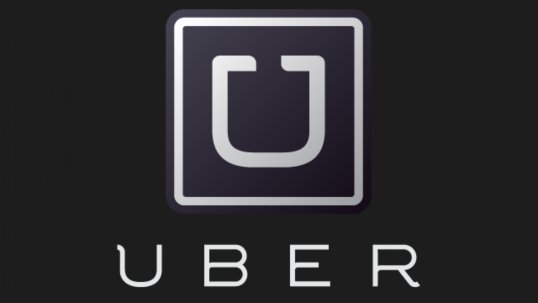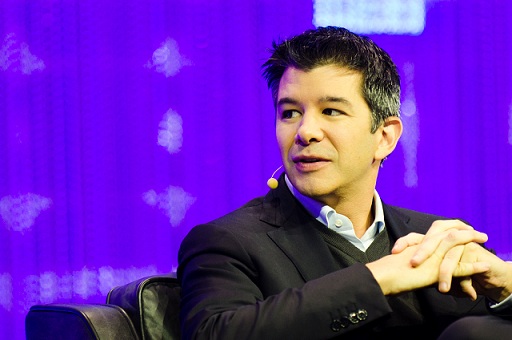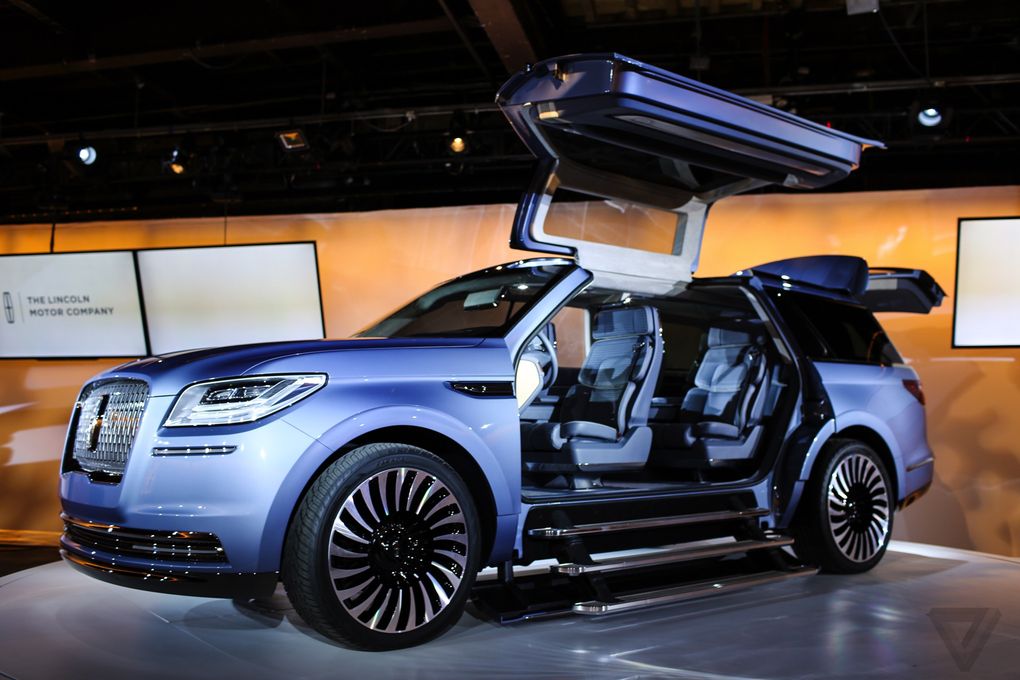Now Reading: Uber includes option to tip drivers as it looks forward to new direction
-
01
Uber includes option to tip drivers as it looks forward to new direction
Uber includes option to tip drivers as it looks forward to new direction

Uber is allowing guests to tip its U.S. motorists with a tap on its ride-hailing app for the very first time, part of a push to modify itself as a business with a conscience and a heart.
Apart from the built-in tipping alternative announced Tuesday, Uber is providing drivers a chance to make more cash in other methods too.
Riders are going to be charged by the minute if they keep an Uber vehicle waiting on more than two minutes. Uber also is lowering the time that riders need to cancel a ride to prevent being slapped with a $5 charge from five minutes to two minutes after summoning a motorist.
Uber will not take any of the tip money. The San Francisco company will continue to gather part of ride-cancellation costs, in addition to the new waiting-time charges.
The tipping choice, long offered in the app of competitor Lyft, will be offered starting Tuesday in Seattle, Houston and Minneapolis. Uber prepares to make it a staple in all U.S. cities by the end of July. The other functions will be presented in August.
The effort to smooth over its in some cases testy relationship with motorists is part of a wider effort to undo the harm done to Uber’s reputation by discoveries of sexual harassment in its workplaces, claims of trade secrets theft and an examination into efforts to misguide government regulators.
“These drivers are our most important partners, however we have not done a great job honoring that collaboration,” stated Rachel Holt, regional general manager in the United States and Canada. Holt is part the management group running Uber while CEO Travis Kalanick is on leave.
The expanded revenues opportunities are the primary step in exactly what Uber is billing as “180 days of change” for its U.S. drivers. Holt wouldn’t talk about the rest of the project.
While building the world’s greatest ride-hailing service for the last eight years, Uber established a reputation for cutthroat methods that have occasionally annoyed federal government regulators, motorists, riders as well as its workers.
The company’s hard-charging design also caused legal stress. The U.S. Justice Department is examining Uber’s past use of counterfeit software created to ward off regulators. Uber also is battling accusations that it’s depending on an essential piece of technology stolen from Google spin-off Waymo to develop self-driving vehicles.
Stay Informed With the Latest & Most Important News
Previous Post
Next Post
Previous Post
Next Post
-
 01Polestar Boss Says It’s Time To Outrun BMW M And Mercedes-AMG
01Polestar Boss Says It’s Time To Outrun BMW M And Mercedes-AMG -
 02Spy Shots: 2027 Mitsubishi Pajero Spotted in Testing Ahead of Possible U.S. Return
02Spy Shots: 2027 Mitsubishi Pajero Spotted in Testing Ahead of Possible U.S. Return -
 032026 Toyota Hilux EV: A Powerful Truck with Silent Torque
032026 Toyota Hilux EV: A Powerful Truck with Silent Torque -
 042026 Corvette ZR1 Production Surges Past Expectations as Output Clears 1,000 Units
042026 Corvette ZR1 Production Surges Past Expectations as Output Clears 1,000 Units -
![2027 Mercedes-Benz S-Class Debuts with V8 Engine [Photo Gallery]](https://speedlux.com/wp-content/uploads/2026/01/2027-Mercedes-Benz-S-Class-33-155x125.jpg) 052027 Mercedes-Benz S-Class Debuts with V8 Engine [Photo Gallery]
052027 Mercedes-Benz S-Class Debuts with V8 Engine [Photo Gallery] -
 06Spy Photos: VW ID. Polo GTI Goes Electric with 223 HP and 280 Miles of Range
06Spy Photos: VW ID. Polo GTI Goes Electric with 223 HP and 280 Miles of Range -
 07Hyundai Palisade’s Breakout Year Shows How Quickly the Market Can Turn
07Hyundai Palisade’s Breakout Year Shows How Quickly the Market Can Turn



![2027 Mercedes-Benz S-Class Debuts with V8 Engine [Photo Gallery]](https://speedlux.com/wp-content/uploads/2026/01/2027-Mercedes-Benz-S-Class-33-700x394.jpg)










































